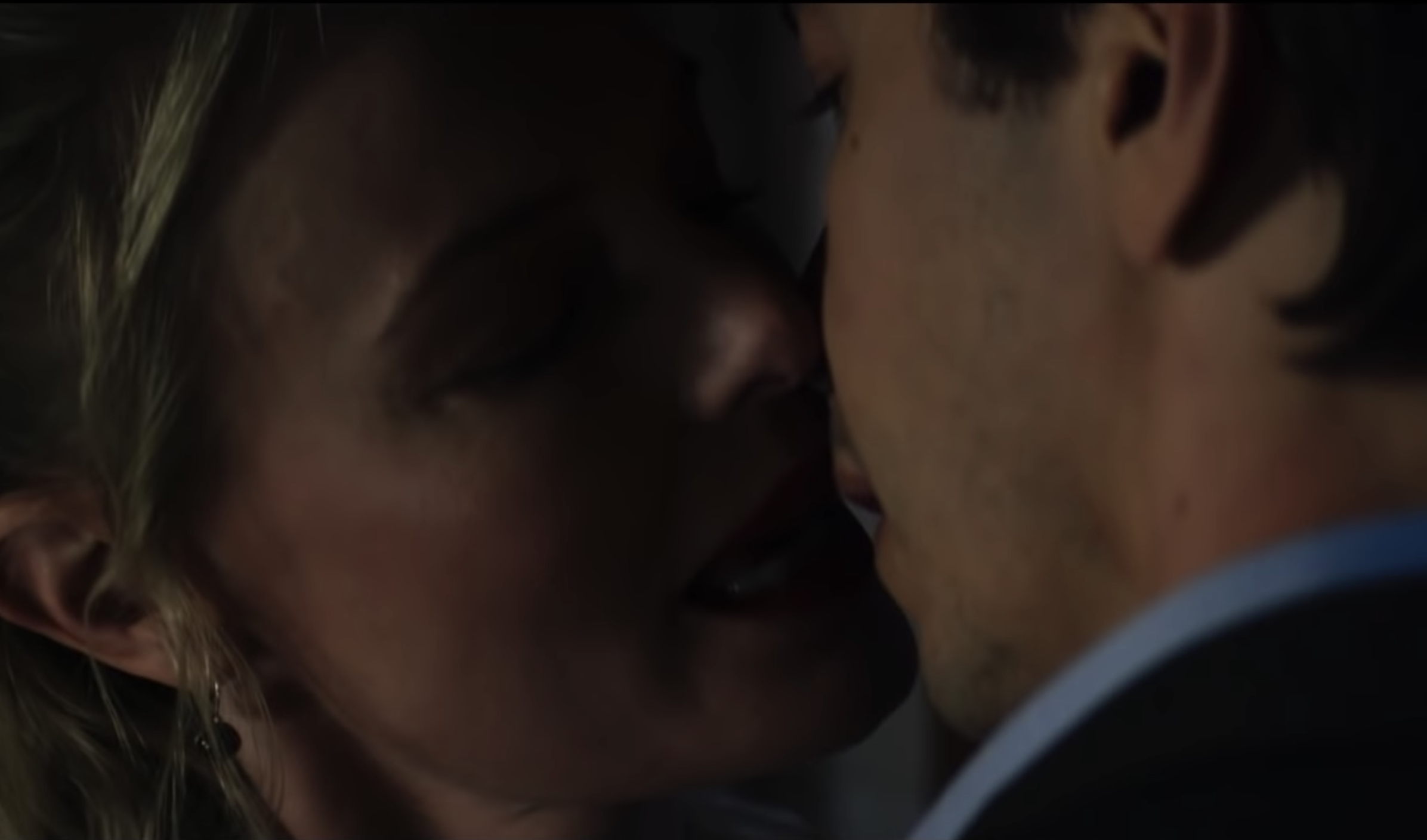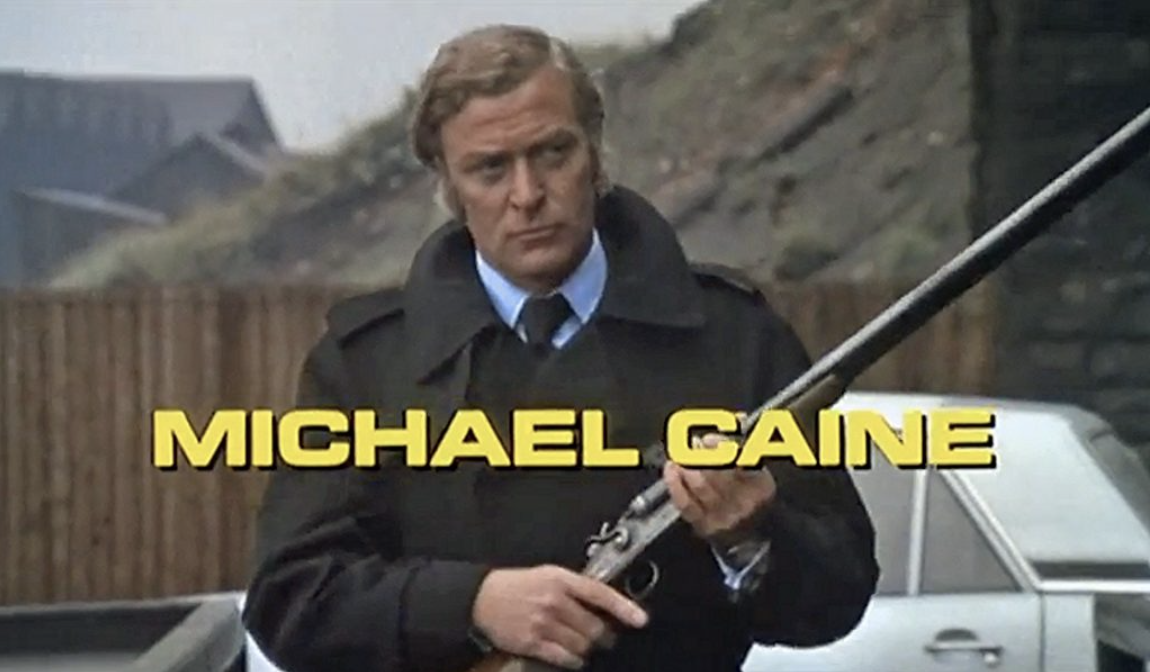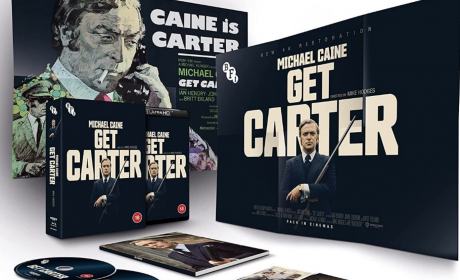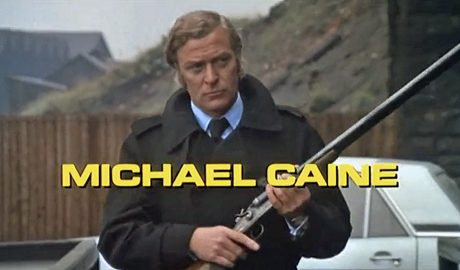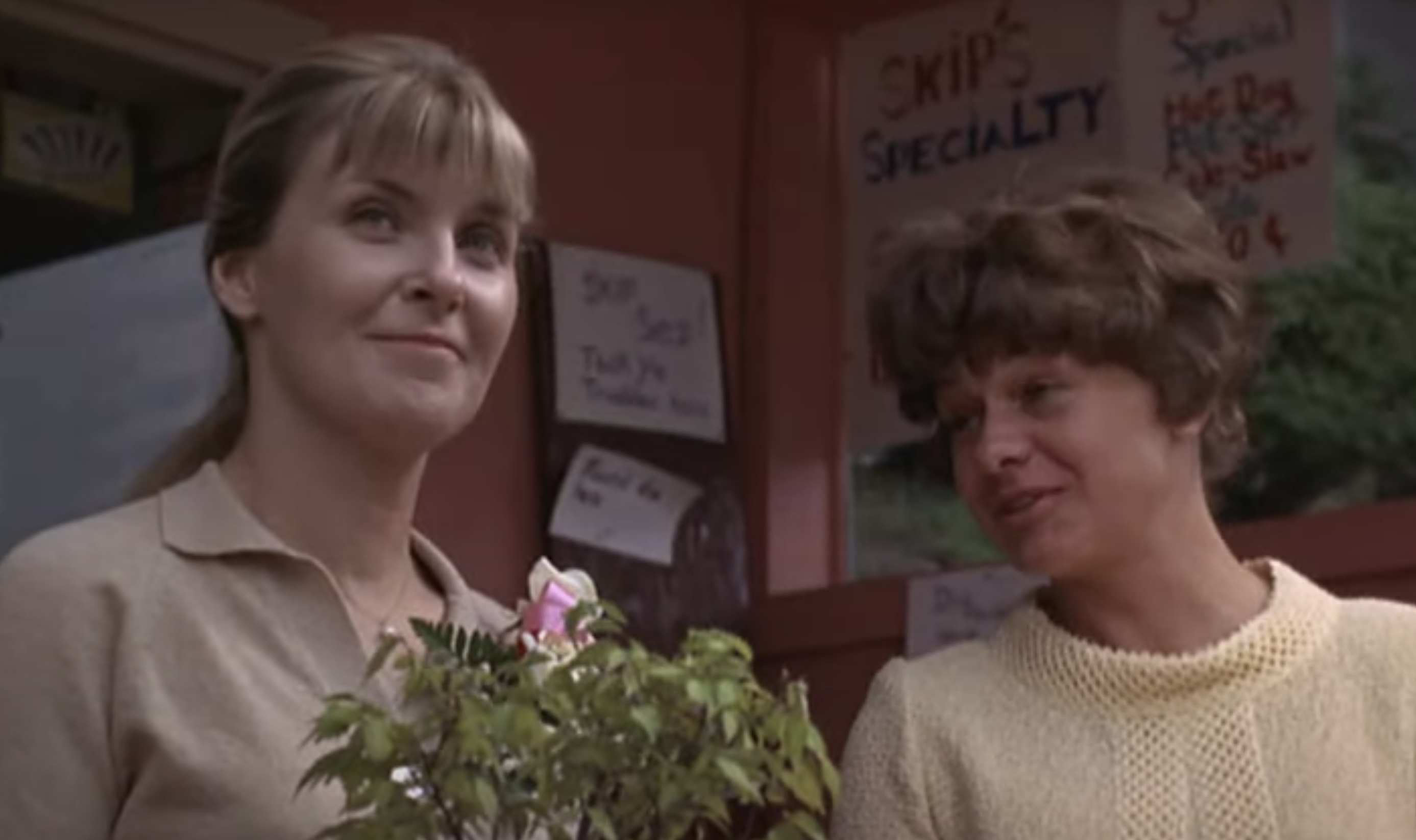I don’t know for a fact that Woke Hollywood is unhappy about director Paul Haggis having been more or less cleared in that Italian sexual assault thing, but it’s fair to presume there’s at least a vague feeling of disappointment out there.
Who knows what really happened between Haggis and that 28 year-old British woman who pressed charges? But if I was a #MeToo cadre, I would probably be annoyed by this development, not to mention irked at the woman in question. (Why go to the authorities if you don’t have a steel-trap case?) We all understand that a presumed bad guy getting off scot-free does not help “the narrative.” Especially in the wake of Amber Heard‘s loss.
Woke Hollywood wants convictions, tarnishings.
I’m presuming that the majority of your #MeToo progressives are regarding Haggis’s good fortune as an unwelcome technicality. Because to them what matters is the accusation. The basic rule of thumb is that once you’ve been accused of sexual misbehavior you’re as good as guilty and more or less untouchable in terms of career prospects. Unless, like Louis C.K., you can generate your own opportunities.

Just ask Aziz Ansari, who’s been clobbered twice over complaints from women that involved an idea of bad or inappropriate behavior — “Grace” of Brooklyn accusing Ansari of sexual insensitivity in 2018, and then Keke Palmer‘s alleged complaint about Bill Murray‘s failed attempt at humor on the set of Being Mortal, which Ansari was directing and starring in, terminating the film and with it Ansari’s career re-start.
Basic #MeToo Industry Lesson (repeated for the 179th time): “Older guys who try to have sex with Millennial or Zoomer women are basically ASKING TO BE KILLED. They’re deer and the younger women are hunters. It’s suicide.”
Variety‘s Nick Vivarelli: “A judge in the southern Italian city of Lecce has ruled that there are no grounds to further pursue an investigation into allegations that Oscar-winning Canadian director Paul Haggis had sex with a young woman without her consent.
“The court ruled in favor of Haggis late on Friday, Italian news Agency ANSA reported on Saturday.
“After viewing the evidence and hearing arguments from both sides, the District Court of Lecce, an appellate court with three judges, unanimously rejected a prosecutor’s appeal to have Haggis’ house arrest reinstated,” said Haggis’ Italian lawyer Michele Laforgia in a statement issued on Saturday.
“Haggis was arrested on June 19 in Ostuni, a location in the southern region of Puglia on the heel of the Italian boot, on charges of sexual assault allegedly inflicted to a 28-year British woman over the course of two days in June.





